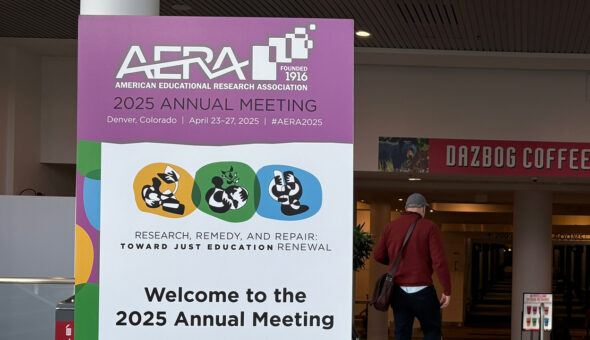On 26/08/2016, I gave a presentation entitled "Parents and their role in language learning motivation". The abstract can be found below.
Language learning motivation is likely to be influenced by important individuals surrounding learners, such as their parents (Williams & Burden, 1997). Whereas the potential role of parents in motivating their offspring was identified early on by Gardner and Lambert (1972), there have been relatively few in-depth studies that focus on the role of parents in fostering their children motivation (Bartram, 2006; Kyriacou & Zhu, 2008), even though Bartram (2006) findings suggest that parental attitudes are not only language- but also context-specific.
This mixed-methods study investigates the role of parents in fostering language learning motivation of Polish language learners of English. 599 fifteen-year old students attending state schools completed a motivational questionnaire, in which they were asked to report their mothers’ and fathers’ level of education and level of English, and 20 learners participated in semi-structured interviews. MANOVA analyses of the questionnaire data revealed significant differences between students whose mothers and fathers had differing levels of education affecting scores on self-efficacy beliefs, English self-concept, ideal L2 self, instrumental orientation and self-regulation. The scores tended to increase with the level of mothers’ and fathers’ education. Similarly, there were significant differences on six motivational scales (self-efficacy beliefs, English self-concept, ideal L2 self, instrumental orientation, intrinsic motivation and self-regulation), when students were divided according to their mothers’ and fathers’ level of English. The scores increased in line with the level of parents’ English as reported by students. Further, the interview data revealed a number of ways, in which parents’ fostered their offspring’s language learning motivation, such as communicating positive attitudes towards studying English; parental encouragement to study English in the form of verbal comments and, to a lesser extent, rewards; actively helping children with their English studies; and stimulating the development of intrinsic motivation by creating positive language learning experiences.
More information about the conference can be found here: https://www.jyu.fi/en/congress/eurosla26
Respond


